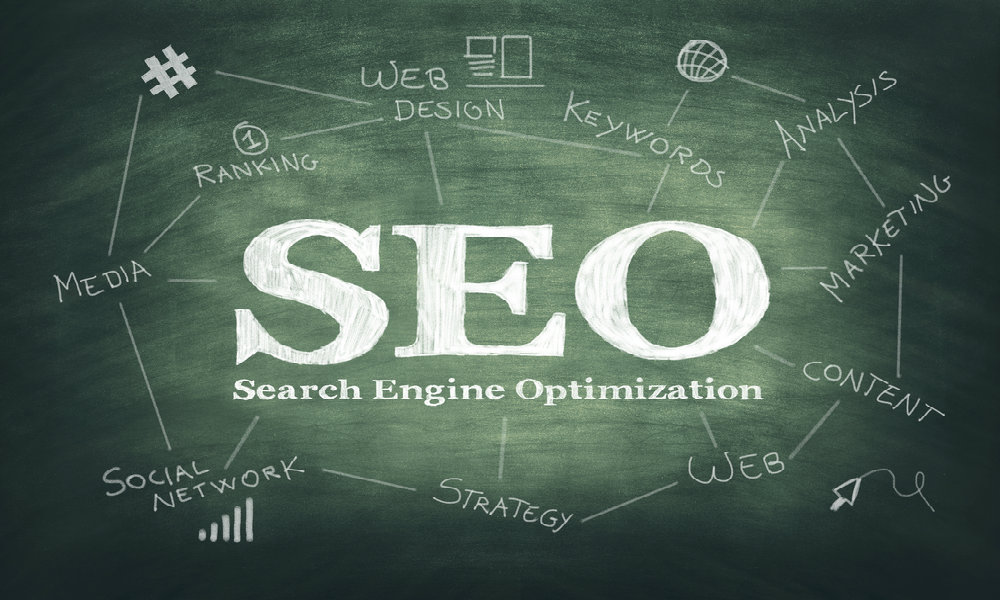Anyone know why the idea that SEO is no longer a specialized practice and has turned into table stakes has taken hold? Bueller?
Back in late 2006, the topic of the day was “Is SEO rocket science?” It wasn’t of course, unless you were referring to boosting your organic traffic to a rocket-like trajectory or trying to impress someone by spouting off the mathematical equation for PageRank.
As a nascent industry, it did seem to some at the time that search engine optimization (SEO) was a dark art, or at the very least, something the layperson could not easily comprehend.
Flash forward 12 years, and the prevailing feeling among many SEO’s has changed radically. Now, I’m hearing not only do they feel SEO is not rocket science, but it’s gone to the other extreme and has become table stakes, a basic practice everyone connected to digital marketing should know.
In some companies, SEO has become so generalized, top management feel there’s no longer any need for special expertise and are eliminating dedicated SEO teams as they cut editorial and content staff.
I have seen some of this dismissive attitude first hand. In 2015 a previous employer eliminated the SEO team and traffic dropped close to 30 percent soon after. The reason given for the elimination? SEO is table stakes.
Why has the idea that SEO is no longer a specialized practice and has turned into table stakes taken hold?
SEO is sporting gray hair
SEO has been around since the mid-1990’s and has matured. Once thought of as a cottage industry, SEO firms have grown and collectively the industry has become a powerful entity with solo practitioners and publicly traded companies working side by side.
SEO as a discipline has been woven into traditional marketing strategies, most medium- and large-sized companies have an in-house SEO expert or use agencies to handle their work. SEO has become a common marketing strategy and a ubiquitous part of the company.
Not fast enough
Search engine optimization is not the only channel driving traffic, nor is it the only one you should pay attention to, there are others such as paid search, social networks, email and affiliate marketing. What all four have in common that SEO does not is speed of result.
SEO lacks immediate results, a change you make today may not show the full results for several months, or until Google makes the next core update. Whereas with paid search efforts, social or email marketing, results can be seen and the ROI determined fairly quickly. This slow response lessens the appeal of SEO.
Knowledge of the basics
Any in-house SEO worth their salt has instituted a training program within their company to ensure everyone is SEO trained so they can effectively perform their jobs.
This means the dev team will know about technical SEO so they can implement technical recommendations, the content teams will be trained on editorial SEO, and other teams will know enough to be able to determine when they need to reach out to the SEO team for advice.
Because of this, you’ll have folks who are “doing SEO”, but aren’t explicitly SEOs. Following the 80/20 rule, these people will be able to do 80 percent of the SEO, content, keyword research, meta tags and internal linking work. That is great until something goes wrong and you need someone around who can do the harder 20 percent.
A lot of companies eliminating multiple SEO positions do not understand the need for a person who can “do the hard part” since they see the 80 percent adequately working.
Another issue is Google. Google is constantly making changes to its algorithm, many are minor and unnoticed, but then there are those which impact many. Some are specific to certain industries, some to types of searches, others address relevancy and quality issues. Even with an in-house team, recovery from major Google updates may be challenging since any change made will only be seen once Google updates. But without a dedicated SEO on the team, chances are the company will wait even longer since bringing in outside agency help to “fix” things requires more time.
With a dedicated SEO on staff, there is a high probability Google’s updates won’t affect a site since it’s being maintained and kept up to date on current practices.
Experience and connections
A dedicated in-house SEO should be well versed in modern best practices, have an idea of the future direction of search, and be on top of algorithmic changes as they occur. They should have good connections within the industry and with peers they can reach out to for mutual help and brainstorming. Problem is, as the industry grows and matures, your network of peers begins to shrink as people retire, are promoted or change career paths. This lessening of core specialists has an impact on industry growth as new practitioners coming in don’t have the benefit of experience and turn to “fast” tactics such as paid search and social networks to see results.
The expression “a little knowledge is a dangerous thing” absolutely applies to SEO especially newer practitioners. It’s easy to get caught up in doing fast, easy and cheap tactics but if they go against Google’s terms of service and harm the site, bringing in experts and tools to fix the issue requires much more than paying a dedicated SEO to maintain the site.
Pay me now or pay me later.
So I ask, do you still think SEO is table stakes? If you’ve read this far, then it’s pretty obvious what this author’s opinion is, but to reiterate:
- SEO is still an important traffic driver.
- SEO can atrophy if you don’t keep up to date.
- Everyone should know SEO, but you need someone experienced and dedicated to lead it.










